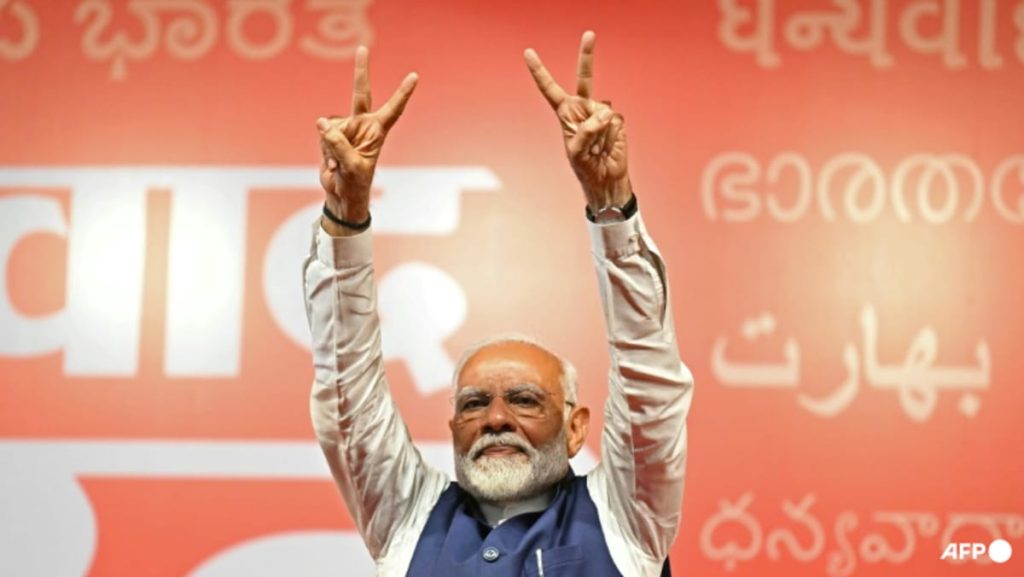The relationship between India and China has been tense, especially after a deadly skirmish in 2020 along their 3,500km frontier. Despite being members of the Shanghai Cooperation Organization forum, the rivalry between these two populous nations has not ebbed. China remains India’s second-largest trade partner, but territorial claims and military presence continue to be sources of tension. A senior former ambassador, Jayant Prasad, believes that adversarial relations will endure, with India and its allies working to contain China’s assertiveness.
Dr. Nachiappan highlights the importance of the China-India relationship, emphasizing that getting China right is crucial for India’s future in Asia. While Modi’s government has invested heavily in border infrastructure and military spending to strengthen its position, it still lag significantly behind China in terms of defense capabilities. Despite this power imbalance, Nachiappan suggests that Modi may consider initiating dialogue with China to address the standoff, as Beijing is unlikely to make the first move due to its dominance in the region.
The standoff between India and China continues to escalate, with tens of thousands of troops stationed along the border, ready to respond to any provocations. The lack of communication and willingness to engage in dialogue from both sides further fuels the potential for conflict. Dr. Nachiappan believes that Modi will stand firm on India’s core claims and objectives on the border, but there is a possibility that he may seek to initiate talks to defuse the situation. However, the power imbalance in the region makes it unlikely that China will make any concessions, further complicating the path to a peaceful resolution.
The ongoing rivalry between India and China poses a significant challenge for both nations, as well as the broader Asian region. As two major powers in Asia, their interactions and conflicts have far-reaching implications for the stability and security of the entire continent. Modi’s government’s efforts to bolster India’s defenses and infrastructure reflect the seriousness of the situation, but the need for diplomatic engagement and dialogue remains crucial. Finding a way to address the territorial disputes and military standoffs peacefully will require both countries to demonstrate restraint and a willingness to prioritize stability and cooperation over conflict.
The relationship between India and China is fraught with tension and suspicion, with both countries vying for dominance and influence in the region. The 2020 border skirmish only served to exacerbate existing conflicts and rivalries, creating a volatile and potentially dangerous situation. The lack of communication and mutual understanding between the two nations only heightens the risk of further escalation and conflict. As two of the most populous nations in the world, India and China have a responsibility to work towards peaceful resolutions to their disputes and conflicts, for the sake of regional stability and security. Only through dialogue, diplomacy, and a commitment to finding common ground can these two countries hope to navigate their complex relationship and build a more stable and cooperative future.













